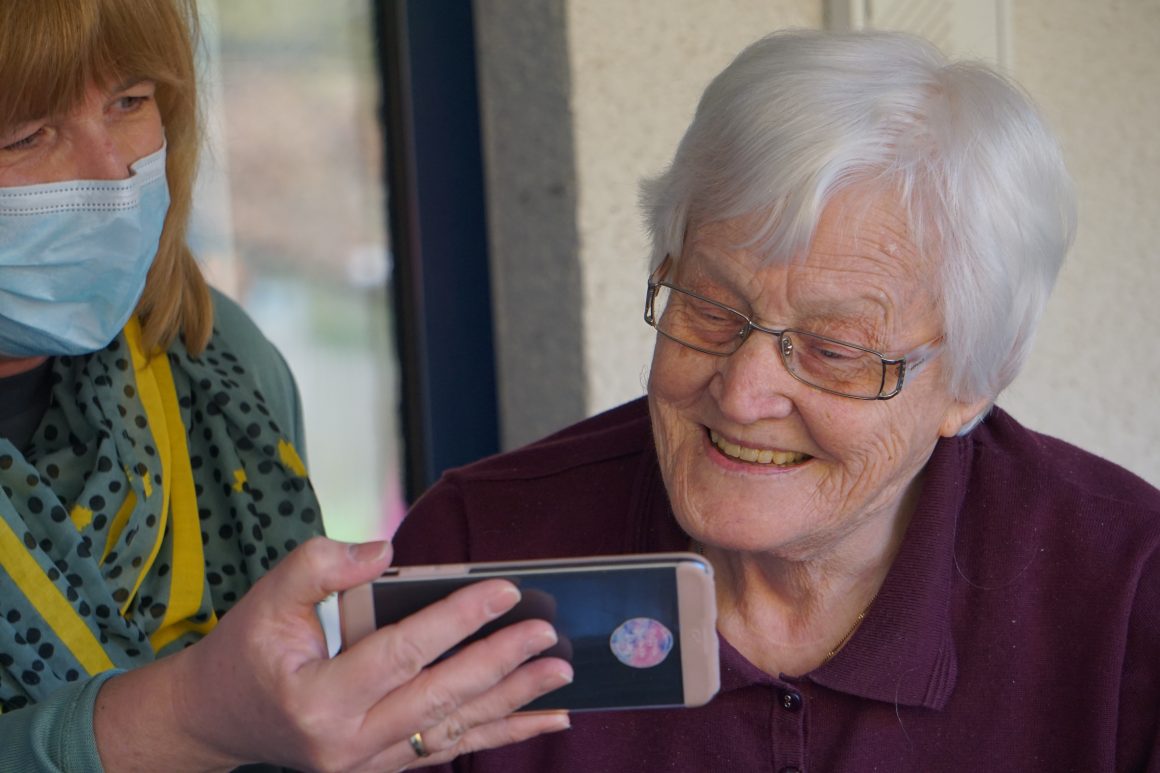
UCalgary research for geriatric mental health receives funding
By Nikayla Goddard, January 24 2021—
A University of Calgary project focusing on detecting and managing mental health symptoms from neurodegenerative diseases in older adults received approximately $129,000 in funding.
Principal investigator Dr. Zahra Goodarzi, MD, and Goodarzi’s mentor and the project’s co-principal investigator Dr. Jayna Holroyd-Leduc, MD, are both members of the O’Brien Institute for Public Health and the Hotchkiss Brain Institute at the Cumming School of Medicine. They were one of the 14 Implementation Science Teams of researchers from across Canada to receive a portion of the $1.8 million in funding announced by minister of health Patty Hajdu and minister of seniors Deb Schulte in early December.
The Long-Term Care Implementation Science Teams initiative is led by the Canadian Foundation for Healthcare Improvement and the Canadian Patient Safety Institute and has received funding support from the Canadian Institutes of Health Research and several provincial foundations.
“This investment will enable us to improve quality of care for older adults at a time when the challenges faced in long-term care and retirement homes have reached a critical mass,” Dr. William Ghali, vice-president research said in a UCalgary press release.
Goodarzi shared with the Gauntlet what the team’s research was about and how excited they were to receive the funding.
Goodarzi conducted all of her schooling at U of C in the Faculty of Medicine — “Very homegrown U of C,” she chuckled — and was in the first class of the Bachelor of Health Sciences undergraduate degree. She described the program as heavy in wet lab research, which she realized wasn’t what she wanted to do, and instead leaned towards clinical research and geriatrics, which is medicine specializing in older adults.
“Throughout my training, what I observed was there were lots of areas in which health care could do a better job of using evidence,” she said. “So in my graduate degree, I did a degree in health services research focused on knowledge translation and implementation science, which is the idea of taking research from the workbench into practice. That really appealed to me the most.”
This particular funded project focuses on older adults in long-term care. older persons living with neurodegenerative conditions like dementia or Parkinson’s and the “associated symptoms they may experience from a mental health perspective, whether that’s depression, anxiety or apathy,” she said, “and how we can do a better job of both detecting and managing those symptoms.”
The funding that the project received will go towards the direct implementation of the project, allowing for the hiring of staff and conducting of the actual research, which may include reimbursing people as appropriate.
“The COVID-19 pandemic has highlighted systemic problems in long-term care and retirement homes. Research projects like these are essential to building capacity and expanding our knowledge about what we can do now and in the future to keep the residents and workers of long-term care and retirement homes safe during the COVID-19 pandemic,” said Patty Hajdu, minister of health, in a Government of Canada press release.
Goodzari described how receiving the funding felt like a culmination of all the hard work she put in during her schooling.
“As a junior clinician-scientist, so still in my first five years, this is the first time I have had a CIHR grant, so I was very excited. It’s the milestone that you work towards as a researcher,” she said, adding that a lot of validation came from experts deciding your research was worth funding and therefore pursuing.
“It was nice to have that success for a team, especially for a year where […] it doesn’t feel like you’re particularly winning in a lot of aspects during a global pandemic.”
She explained that this project is far from a solo one and cites co-principal investigator Holroyd-Leduc as a mentor and educator who “is, and always has been, an amazing support […] This idea is as much hers as it is mine as well as the other co-investigators that I work with.”
“Not only did we have to write these grants, but we had to do so in a very short timeline, in just under a month,” she continued. “We’re all clinicians, we’re all working in health care at the front lines and doing research, so I think it’s an amazing feat for all of the participating researchers to be able to pull this together. And we definitely wouldn’t have been able to do it without our wonderful long-term care home partners, AgeCare and the Brenda Strafford Foundation […] and persons with lived experience in long-term care and their families.”
